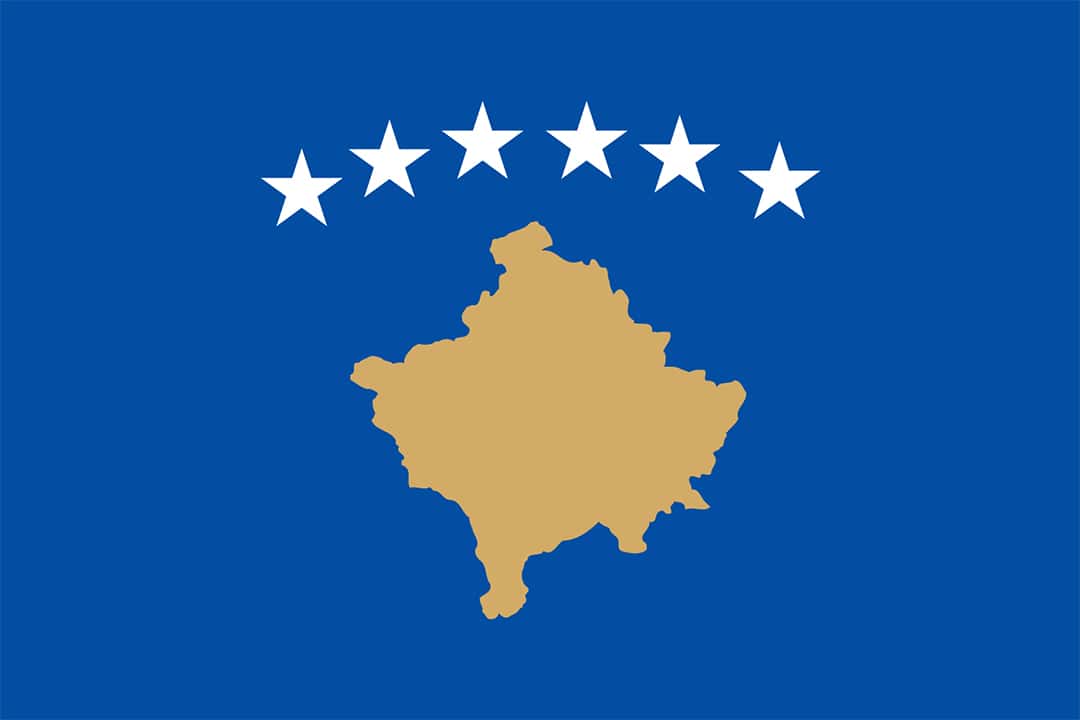For 16 years now, Kosovo has stood as an independent country. In 1999, Serbia committed ethnic cleansing against Albanians in Kosovo, which was part of former Yugoslavia. In 2008, the North Atlantic Treaty Organization intervened to help Kosovo gain independence.
Since then, the Republic of Kosovo has been composed of diverse cultures, but its approximately 1.9 million inhabitants have not had the same rights for liberty of movement as many other people in Europe — until now.
On January 1, the European Commission made a pivotal decision to implement Kosovo’s visa liberalization — a significant moment for Albanians everywhere. This choice means that citizens of Kosovo can travel outside the country without a visa to 27 European countries for up to 90 days in any given 180-day period. Historically, the European Commission’s reluctance to grant visa liberalization has restricted the freedom of Albanians, but this recent shift in visa requirements now offers them newfound opportunities to enrich their community.
Conversations surrounding the possibility of visa liberalization in Kosovo started in 2012. Two years later, the European Commission concluded that, while Kosovo made adequate progress in fulfilling the requirements that the Commission deemed necessary, it would require the country to take further action before setting up a visa liberalization program.
In 2018, Kosovo met all outstanding requirements the European Commission had set for the visa liberalization act to go into effect. That same year, during the European Parliament Committee on Civil Liberties, Justice and Home Affairs’ parliamentary vote to enact visa liberalization, 30 members of the parliament voted in favour of the act, 10 voted against, and two abstained. Votes continued to fluctuate until this year; it took six years after it met all set criteria for Kosovo to gain this freedom.
As an Albanian myself, this news was long awaited and exciting. It signifies a historical moment for the people of Kosovo, as they now have the same liberties as other independent countries. Even though I grew up in the US, I consider Kosovo my second home. It is a country with a rich culture and history, and I have learned a lot from my experiences in Kosovo.
However, during my time there, I have also seen how difficult it is to not have the same opportunities as everyone else. Some people have been lucky enough to obtain a visa, but most were not given that chance. This new fulfilment is a recognition of the equal chances every citizen deserves.
A key benefit that this new law can bring is that it enhances Kosovo’s educational landscape. By allowing people to see the world without constraints, this will let them broaden their horizons more readily than ever before. I believe seeing diverse cultures is crucial for individuals to be open-minded so they can contribute to creating a more knowledgeable community. Having more chances to go abroad will increase learning prospects and aggrandize their learning experience by exposing them to more multifaceted perspectives. In turn, a more cultivated society forms a foundation for a stronger community because it will cause economic growth, reduce crime rates, and foster more good-natured people.
This ability to travel without a visa represents a notable stride toward European integration for Kosovo. As more people travel, the contact between Kosovo and European Union (EU) member states will continue to rise. Cultural exchange and tourism will likely soar at rates that will better the economy while fostering an interconnected community. An influential aspect of this new development is that Kosovo is now closer to being seen as an independent country by all EU states. This is crucial not only because it signifies a diplomatic achievement but also because it contributes to strengthening the rights of Albanians.
The most important element of visa liberalization in Kosovo is its affirmation of the essential privileges inherent to humanity. People will now be able to explore possibilities without being confined. It is also important to note that many people in Kosovo have families that reside in other countries. Allowing citizens of Kosovo to travel freely serves as a unifying force, encouraging reunions that were not easily attainable before 2024.
I believe the visa liberalization in Kosovo will be considerable progress for the Albanian community, as it grants Albanians fundamental freedoms everyone deserves. As education levels, chances of European integration, and the implementation of basic human rights increase, Kosovo’s culture will also get stronger.
Vesa Lunji is a first-year student at University College studying life sciences.



No comments to display.